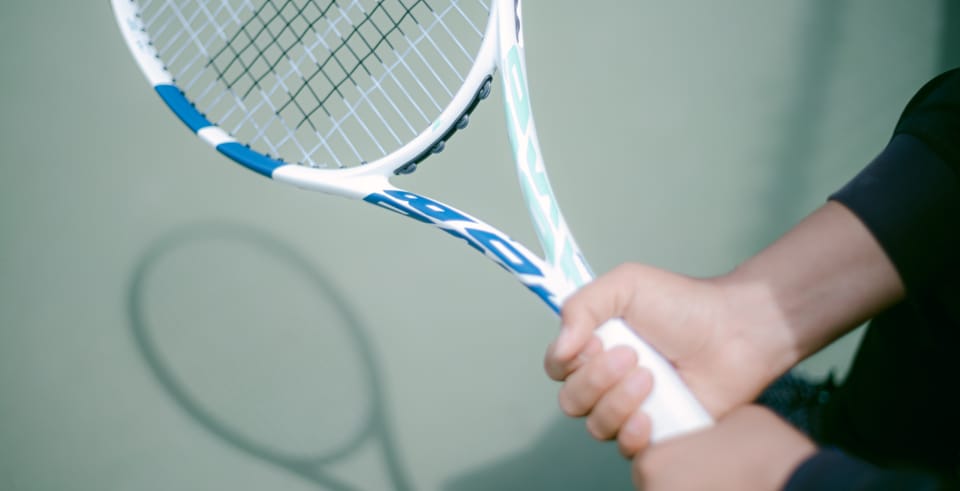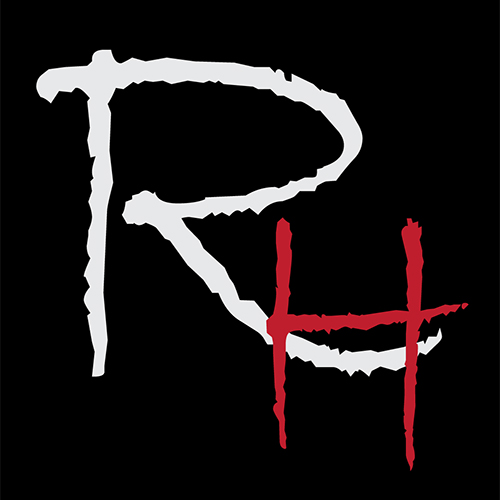
Discipline, Habits, and Rituals.
Tennis, at its core, is a battle of skill, strategy, physical and mental fortitude. While raw talent can propel a player initially, sustained success, from juniors to the professional circuit, relies heavily on the less glamorous but equally essential aspects: discipline, habits, and rituals.
Discipline: The Foundation
Discipline, in a tennis context, extends beyond simply showing up for practice.
- Consistent Training: Adhering to a structured training schedule, even when motivation drops. This includes on-court drills, fitness sessions, and recovery protocols.
- Nutrition and Sleep: Fueling the body with proper nutrition and prioritizing adequate sleep are non-negotiable for peak performance. Studies have shown that nutrition and sleep deprivation negatively impacts athletic performance, growth, immunity, metabolism , mental focus including reaction time and decision-making.
- Mental Toughness: Developing the ability to stay focused, manage emotions, and bounce back from setback is the foundation . This requires disciplined mental training, such as visualization and mindfulness.
- Adherence to a Game Plan: Sticking to a tactical strategy, even when under pressure, demonstrates disciplined execution.
Habits: The Building Blocks
Habits are ingrained behaviors that become automatic, freeing up mental and physical energy for important in-game decisions. In tennis, effective habits include:
- Warm-up and Cool-down Routines: Consistent warm-ups prevent injuries and prepare the body for intense activity, while cool-downs aid in recovery.
- Footwork Drills: Regular footwork practice builds agility and court coverage, essential for reacting to opponents’ shots.
- Serving and Returning Practice: Repetitive drills refine these fundamental skills, leading to greater consistency and accuracy.
- Video Analysis: Regularly reviewing match footage allows players to identify weaknesses and refine their game.
- Hydration: Consistent hydration with electrolytes throughout the day and during matches is critical for maintaining performance. Dehydration can lead to decreased cognitive function and physical performance.
Rituals: The Mental Castle
Rituals are personalized routines that create a sense of control and focus, especially in high-pressure situations. They can include:
- Pre-match routines: This could be a specific series of stretches, visualization techniques, or listening to certain music. These rituals help players enter a state of optimal performance.
- Between-point rituals: These can be as simple as bouncing the ball a certain number of times or taking deep breaths. They provide a mental reset and help players stay present.
- Post-match rituals: This could involve reviewing match statistics or engaging in a specific recovery routine. It aids in both physical and mental recovery.
- Mindfulness and breathing exercises: These rituals can help to manage stress and anxiety. Studies have shown that mindfulness can improve athletic performance.
Why They Matter at Every Level
- Juniors: Establishing discipline, habits, and rituals early on lays a strong foundation for future success. It instills good practices that will serve them throughout their tennis journey.
- Professionals: At the highest level, where margins are razor-thin, these 3 factors become even more vital . They provide a competitive edge, allowing players to perform consistently under intense pressure.
While talent and financial and proper team plays a role, it’s the unwavering commitment to discipline, the cultivation of effective habits, and the establishment of personalized rituals that truly separate the good from the great. These elements are not merely supplementary; they are the unseen weapons that enhance tennis players to reach their full potential, from the first serve in juniors to the championship point on the professional stage.
Detailed explanations refer below books .
- https://www.amazon.com/tennis-fitness/dp/1492867969 – TENNIS FITNESS – Book – RH (2014)
- https://www.amazon.com/dp/B0DPL48X51 – TENNIS WELLNESS & PERFORMANCE FOR COMPETETIVE PLAYERS – Book – RH (2024)
References:
- Sleep, Recovery, and Athletic Performance: A Brief Review and Recommendations. Halson, S. L. (2008). European journal of sport science, 8(3), 119-126. https://www.tandfonline.com/doi/abs/10.1080/17461390802095895
- Effects of dehydration and rehydration on cognitive performance and mood states in men and women. Ganio, M. S., Armstrong, L. E., Casa, D. J., Judelson, D. A., Klau, J. F., Lee, E. C., … & Lieberman, H. R. (2011). British journal of nutrition, 106(10), 1535-1543. https://www.cambridge.org/core/journals/british-journal-of-nutrition/article/effects-of-dehydration-and-rehydration-on-cognitive-performance-and-mood-states-in-men-and-women/58D1442125191C497B32F021B1089A84
- Mindfulness training improves sport performance: a meta-analysis. Noetel, M., Ciarrochi, J., & Van Zanden, B. (2019). Journal of sport and exercise psychology, 41(3), 117-133. https://journals.humankinetics.com/view/journals/jsep/41/3/article-p117.xml
- https://strengthattack.com/stay-home-sleep/ ( Sleep Essential ) – RH
- https://strengthattack.com/manage-stress-relax/ (Stress ) – RH
- https://strengthattack.com/oxidative-stress/ (Oxidative Stress) – RH
- https://ranilharshana.com/wellness/winning-and-losing-art-of-growth-and-motivation/ ( Winning & Losing) -RH
- https://ranilharshana.com/wellness/perspective-vs-perception-in-wellness-and-sports/ ( Perspective vs Perception ) – RH

